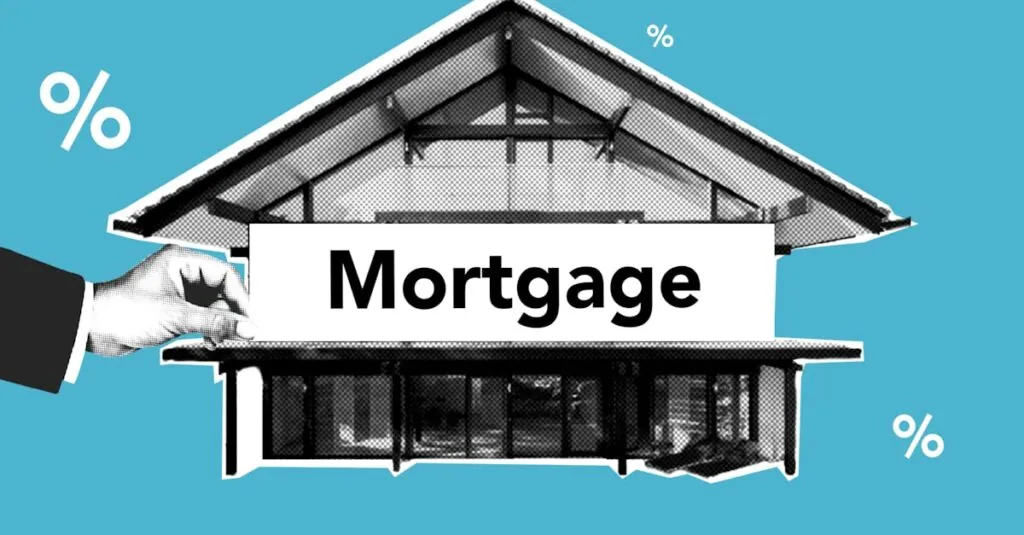Table of Contents
ToggleBuilding credit might sound as exciting as watching paint dry, but it’s the secret sauce to financial freedom. Imagine strutting into a bank like a rock star, armed with a stellar credit score that opens doors to loans, lower interest rates, and even that dream car you’ve been eyeing. It’s not just about numbers; it’s about power, prestige, and perhaps a little bragging rights at dinner parties.
Understanding Credit Scores
Credit scores play a vital role in personal finance decisions, influencing loan approvals and interest rates. Understanding these scores enhances one’s ability to build credit successfully.
What Is a Credit Score?
A credit score represents a numerical expression of an individual’s creditworthiness. Scoring models like FICO and VantageScore typically range from 300 to 850, with higher scores indicating lower risk. Lenders assess these scores to determine eligibility for credit products. A higher credit score often leads to better loan terms and lower interest rates.
Factors Affecting Your Credit Score
Several elements impact one’s credit score significantly. Payment history accounts for 35% of the score; timely payments boost this percentage. Credit utilization, representing 30% of the score, involves the ratio of current credit card balances to credit limits. Length of credit history, credit mix, and new credit inquiries also contribute to the overall score. Maintaining low balances on credit cards and making consistent payments are key practices for improvement.
Importance of Building Credit
Building credit plays an essential role in financial stability today. A strong credit score opens doors to various financial opportunities.
Benefits of a Good Credit Score
Access to loans at favorable rates stands as a primary benefit of a good credit score. Lower interest rates on mortgages and car loans save significant amounts over time. Enhanced creditworthiness also leads to higher credit limits, allowing for flexibility in spending. Renting apartments becomes easier, as landlords often favor applicants with solid credit histories. Additionally, many employers check credit scores during the hiring process, making strong credit a potential advantage in job searches.
Consequences of Poor Credit
A poor credit score limits access to loans and leads to higher interest rates. Individuals may face challenges in qualifying for mortgages, resulting in potential housing instability. Rental applications could get denied due to unfavorable credit history, restricting housing options. High insurance premiums may apply, as insurers often use credit scores to determine rates. Lastly, rebuilding credit can take time, resulting in long-term financial setbacks.
Strategies to Build Credit
Building credit involves several effective strategies that can enhance an individual’s credit score and improve financial health.
Get a Secured Credit Card
A secured credit card represents one of the best tools for establishing credit. Applicants provide a cash deposit that serves as their credit limit. Secured cards typically require lower credit scores, making them accessible for individuals seeking to build or rebuild credit. Responsible use, characterized by making regular payments, can lead to improved credit scores over time. Some secured credit cards even transition to unsecured ones after a period of responsible usage, which helps in furthering credit history.
Become an Authorized User
Becoming an authorized user on someone else’s credit card can be beneficial. This strategy allows individuals to leverage another person’s positive credit history, as transactions made on the account contribute to their own credit report. Selecting a responsible primary cardholder is essential, as their payment habits directly influence the authorized user’s credit standing. This approach helps individuals establish credit without needing to open their own credit accounts immediately.
Make Timely Payments
Timely payments play a crucial role in credit score calculations. Making payments on time affects 35% of a credit score, making it the most significant factor. Setting up automatic payments or reminders can help ensure bills are paid promptly. Consistently meeting payment deadlines demonstrates credit responsibility and improves overall creditworthiness. Reducing the risk of missed payments will lead to a stronger credit profile.
Monitoring Your Credit
Monitoring credit ensures individuals stay informed about their financial health. Regularly checking credit reports helps identify inaccuracies and catch potential fraud early.
How to Check Your Credit Report
Requests for credit reports can occur annually at no cost from each of the three main credit bureaus: Equifax, Experian, and TransUnion. Visit AnnualCreditReport.com to access these reports safely. Review all sections carefully, focusing on personal information, account details, and inquiries. Discrepancies or outdated information require prompt dispute with the respective bureau. Understanding credit report details enhances clarity on factors affecting credit scores.
Tools and Resources for Credit Monitoring
Various tools and services assist in monitoring credit scores effectively. Free options like Credit Karma and Mint provide updates on credit scores and offer insights into credit behaviors. Paid services, such as Identity Guard or Experian, offer additional features like identity theft protection and more frequent score updates. Regular monitoring via these tools creates awareness, ensuring proactive management of credit health. Utilizing these resources promotes improved financial discipline and a better credit standing.
Building credit isn’t just a task; it’s a vital component of financial health and stability. A strong credit score can unlock numerous opportunities that lead to enhanced financial freedom. By understanding the factors that influence credit scores and implementing effective strategies, individuals can take control of their financial futures.
Monitoring credit regularly and making timely payments are essential practices that contribute to a positive credit history. As individuals work towards improving their credit scores, they position themselves for better loan options, lower interest rates, and greater overall financial security. Embracing these practices will not only enhance creditworthiness but also pave the way for achieving long-term financial goals.







